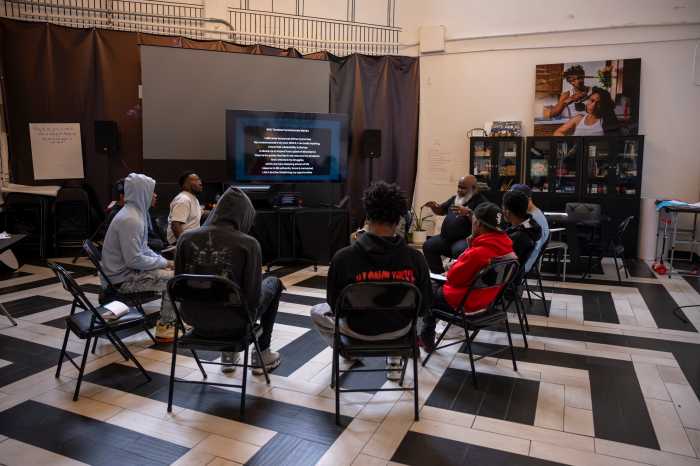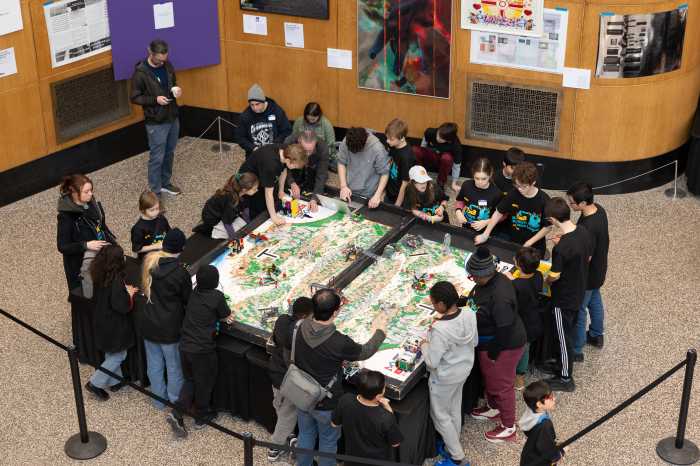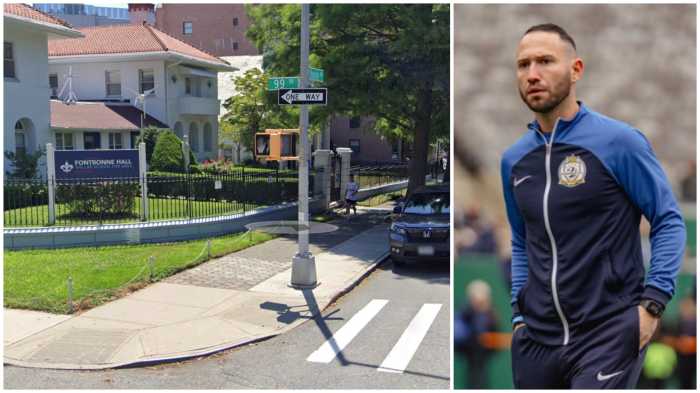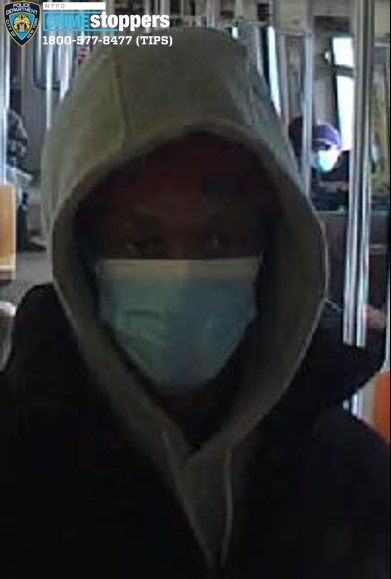On Yom Kippur, on the day of atonement, the holiest day of the Jewish year, I walked out of temple angrily with my two boys — twice.
The first time, I was angry with them for not sitting still and listening. The second time, I was angry at myself, for many of the same reasons.
I am plagued during major Jewish holidays about how I am raising my children so differently than my parents raised me. They don’t spend Friday nights spent praying and praising the State of Israel. Absent, too, are the gatherings of close friends and family that mark Passover, Rosh Hashanah, and Yom Kippur. There is no sukkah in my building’s courtyard that my kids help build with palm fronds during Sukkot, no festival we attend to win goldfish at Purim.
A rush of feelings well up in me in the days leading up to these once seminal events. I mull over what I had and how I felt about it and what I want. Often, I do nothing until the last moment. I visited a temple near my Long Island rental for Rosh Hashanah, viewing it more as a performance, a kind of Broadway production I had no connection to, and my children sat with vague disinterest. I went to the grocery store late in the day after throwing a few pieces of bread into the ocean. I pulled out of the driveway past my French house guest who sat facing my shed door in Buddhist meditation. I prayed to find a round Challah at the grocery and felt a surge of relief when I did.
I vowed to do better for Yom Kippur, so I invited a few friends who have similarly cast off traditions for a breakfast. But I felt ashamed as I baked a traditional honey cake, as I placed smoked salmon on a tray next to capers and red onions to place atop bagels.
What were my traditions? What did I want to give my kids? Why did I never make a plan? How could I return to a temple I had pulled my kids from years earlier and expect to feel we belonged?
The last years of my job were spent cataloguing the examples of technology that allowed consumers to personalize media and entertainment—and advertising — to their preferences. In the five years since, I have seen the results of that on my own and others’ psyche, the tendency to live as a hermit inside our homes reaching out to “friends” on Facebook and in texts, convinced we are unique and alone, without real community.
Organized religion flies in the face of such independence, requiring a giving over to something bigger. Such is the something that I have not quite reconciled how to offer up to my children. That is why I walked out of temple angry, tired of feeling ashamed about what I haven’t done, wanting to actually sit and figure what I have done, what I want to do, and why.
I do have community, it is just not the Jewish one my parents found. I have not chosen people by their shared belief in the Talmud or in the complicated land of Israel but more individually based on the mutual desire to connect and share the real truths of our lives. I talk face-to-face with so many members of my Park Slope community. I very often invite people over for food of all kinds, often Mexican or Middle Eastern, the two things strangely woven into my heritage as an Arizona Jew with Zionist parents.
I was angry at myself as I left temple the second time because I have to stop trying to replicate traditions that aren’t meaningful to me and my family instead of planning and prioritizing those that are. And I have to work harder to create community that fits the values of acceptance and non-judgmental-ness that I hold dear. I must remember that I am not unique in desiring these things, that there is a whole huge community around me that is more than happy to share and create new traditions.
Now if I could just commit to that.
Read Fearless Parenting every other Thursday on BrooklynPaper.com.

























